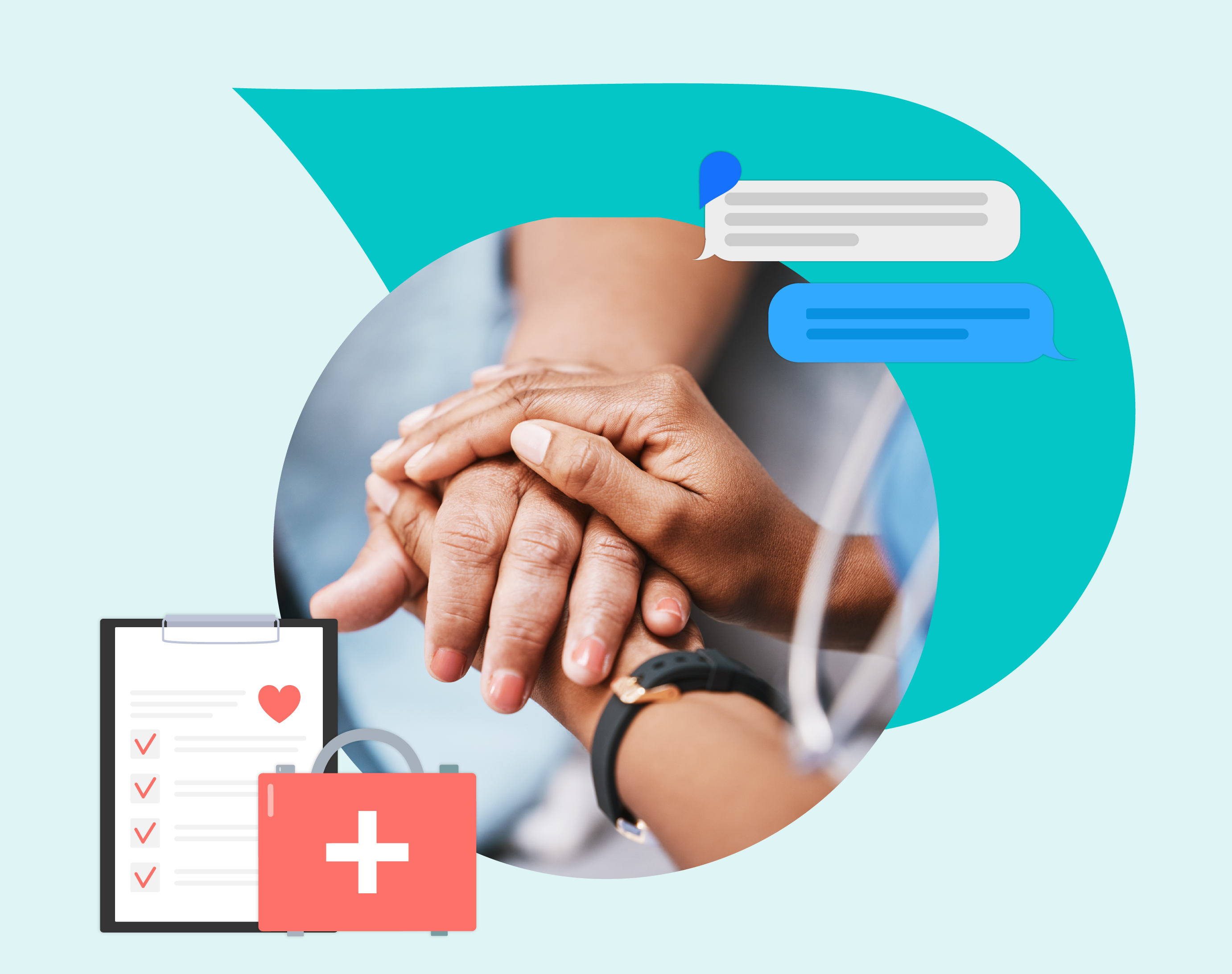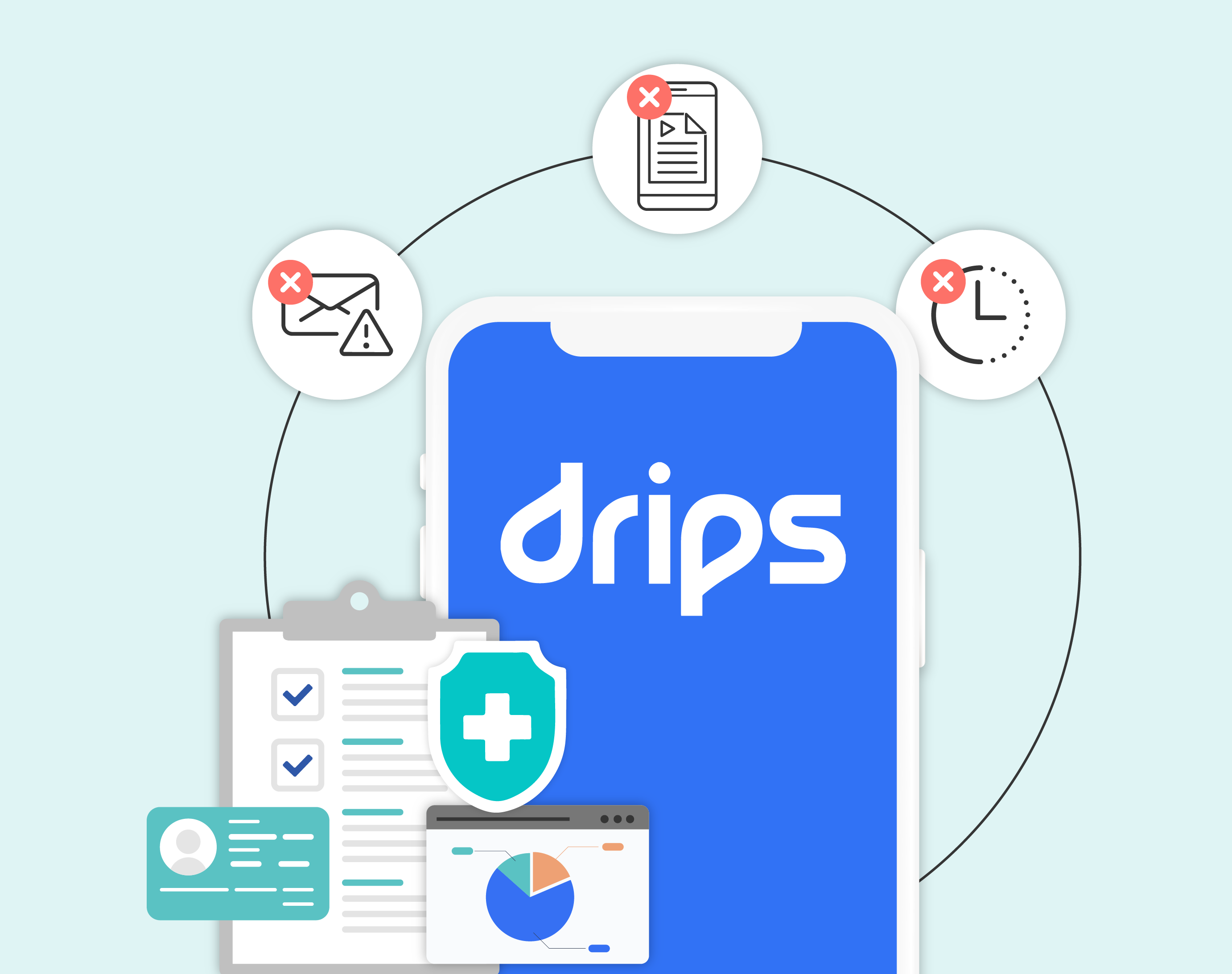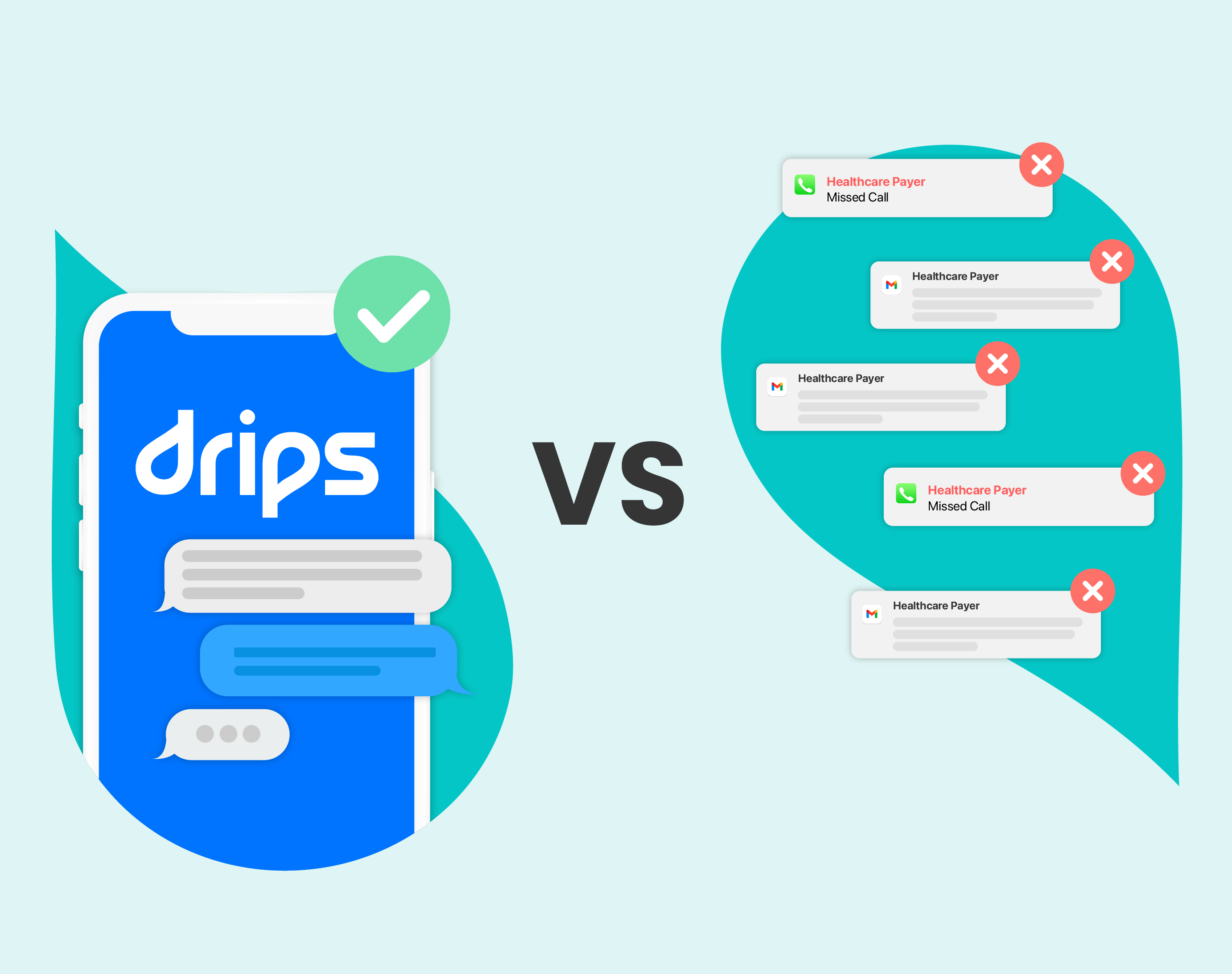7 Essential Tips to Boost Medication Adherence Through Communication Solutions
Medication adherence is crucial for effective health management, yet many individuals struggle with it. By leveraging effective communication solutions, we can create an environment that encourages patients to stick to their medication regimens. Here are seven essential tips to enhance medication adherence through improved communication.

1. Foster Open Communication
Creating a space where patients feel comfortable discussing their medication can make a huge difference in adherence. Encourage questions and express willingness to listen to any concerns they may have. When patients know their voices are heard, they are more likely to share their experiences and struggles related to medication. This leads to a better understanding for both the healthcare provider and the patient. Moreover, using relatable language can ease any apprehensions they might feel. Avoiding medical jargon encourages clearer communication, fostering trust and honesty.

2. Meet Members Where They Are
Leverage friendly reminders that notify members about their medication schedules. Technology can help bridge gaps in communication and provide helpful prompts.
AI-powered two-way conversational messaging allows you to send simple text reminders that help patients track medication intake. By involving members in a platform that's easily accessible and user-friendly, we are empowering them in their health management journey.
Additionally, conversational outreach allows for custom reminders based on individual patient needs and preferences. Tailoring outreach in this way not only improves adherence but also makes the entire process feel more personal.

3. Educate About Medication Importance
Inform patients about the significance of their medication and how it impacts their health outcomes. Understanding the “why" can motivate them to adhere to their regimen.
When patients grasp the consequences of missing doses, they develop a stronger commitment to their treatment plans. Education not only adds value to their medication but also cultivates responsibility and ownership. This includes sharing information like potential side effects or what to do if they miss a dose. Providing this knowledge aids in demystifying medications and alleviating fears.

4. Personalize Your Approach
Recognize that each patient is different. Tailor your communication style to match the individual’s preferences, making it easier for them to engage and adhere. For instance, some may prefer detailed discussions while others may feel overwhelmed by too much information. A personalized approach opens the door to a stronger bond and a more comfortable dialogue. By taking the time to understand a member's background, preferences, and prior experiences with medications, you create a supportive environment that fosters adherence.

5. Encourage Family Involvement
Involve family members in discussions about medication. They can offer support and reminders, helping the patient stay on track with their adherence. Engaging family not only creates a support system but also promotes accountability among patients. Shared understanding among family members makes the journey towards better health a collective endeavor. Moreover, family members can identify barriers that patients might not vocalize. They can serve as advocates for the patient when discussing adherence challenges with healthcare providers.

6. Provide Ongoing Support
Regular check-ins can make patients feel valued and supported. Showing that you care about their adherence can lead to stronger commitment on their part. Consistent communication fosters a sense of continuity and affirms the patient's importance in the healthcare process. These moments allow healthcare providers to identify any challenges the patient may be facing.
Additionally, acknowledging their achievements, however small, encourages patients to stay motivated. Celebrating successes together builds a positive foundation for ongoing adherence.

7. Gather Feedback for Improvement
Ask for patient feedback regarding communication methods and medication plans. Understanding their experience will allow for continuous improvement and better adherence strategies.
Feedback provides insight into what works and what doesn't. It opens a channel for patients to voice their concerns, leading to enhanced communication and adherence processes tailored to their needs. By implementing suggestions, patients also see their opinions are valued, which can incentivize them to be more engaged in their health journeys.
Need more information?
Check out our click through Medication Adherence demonstration








